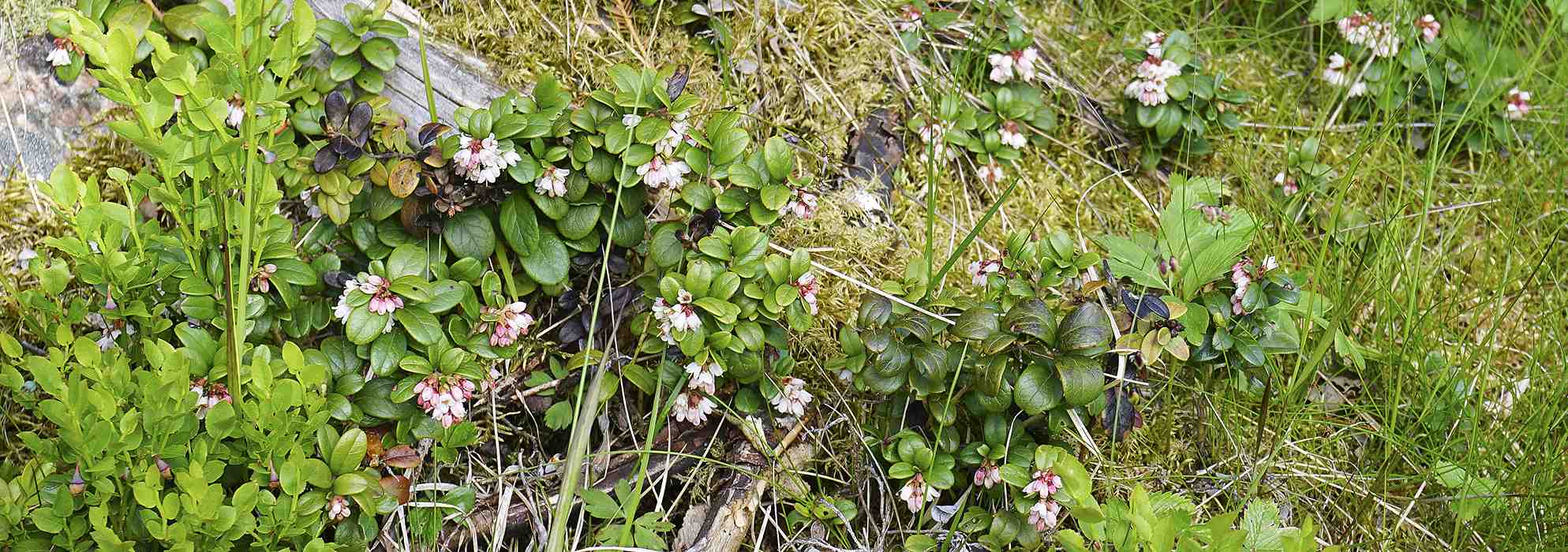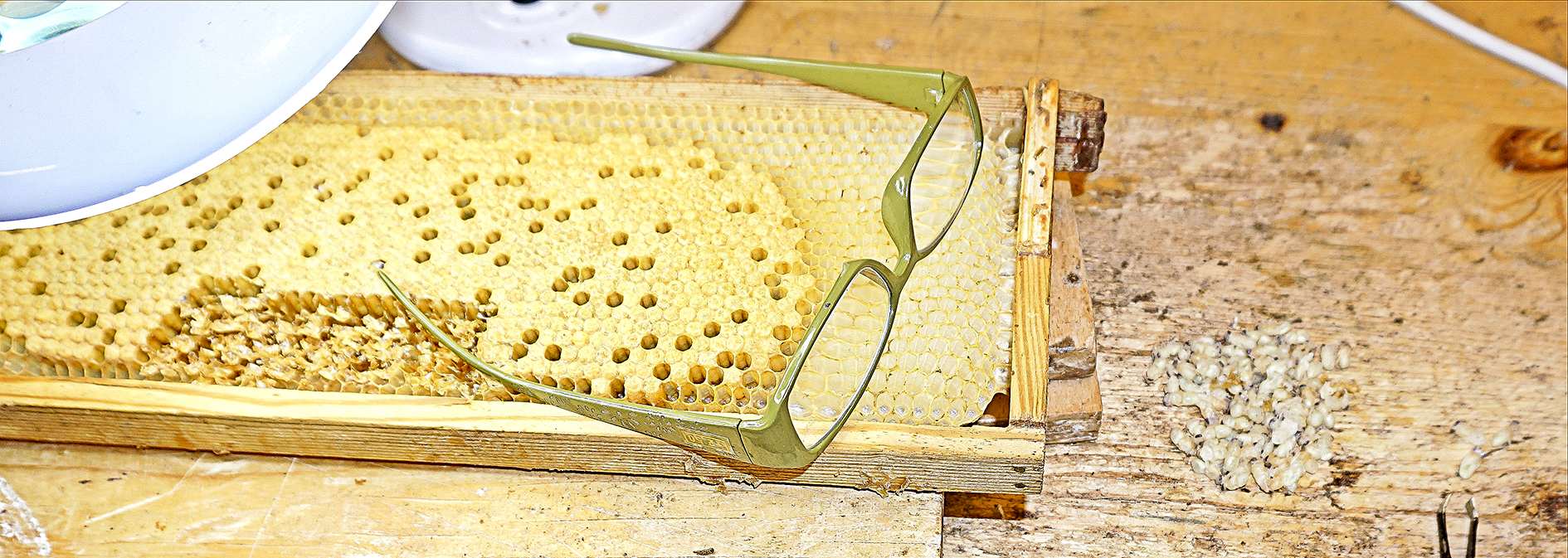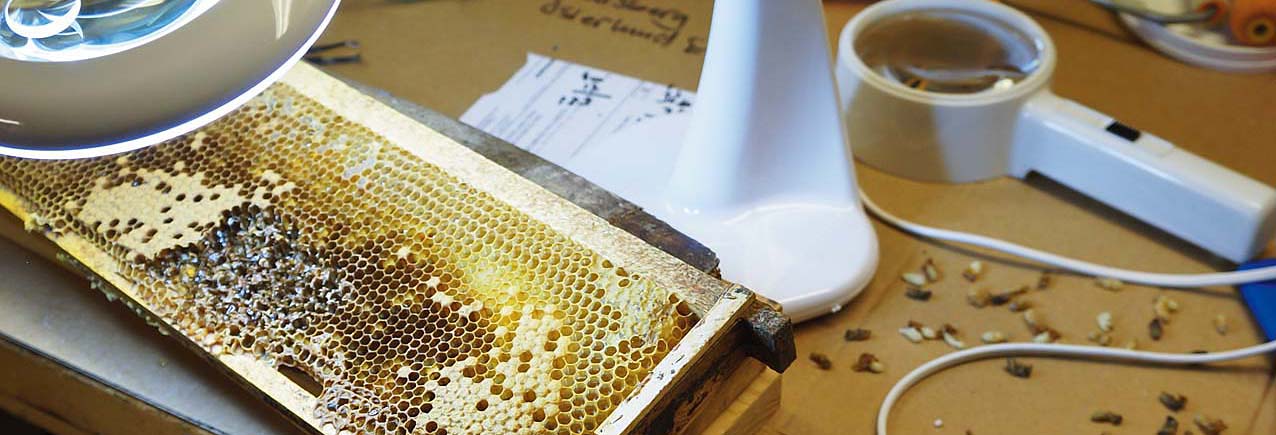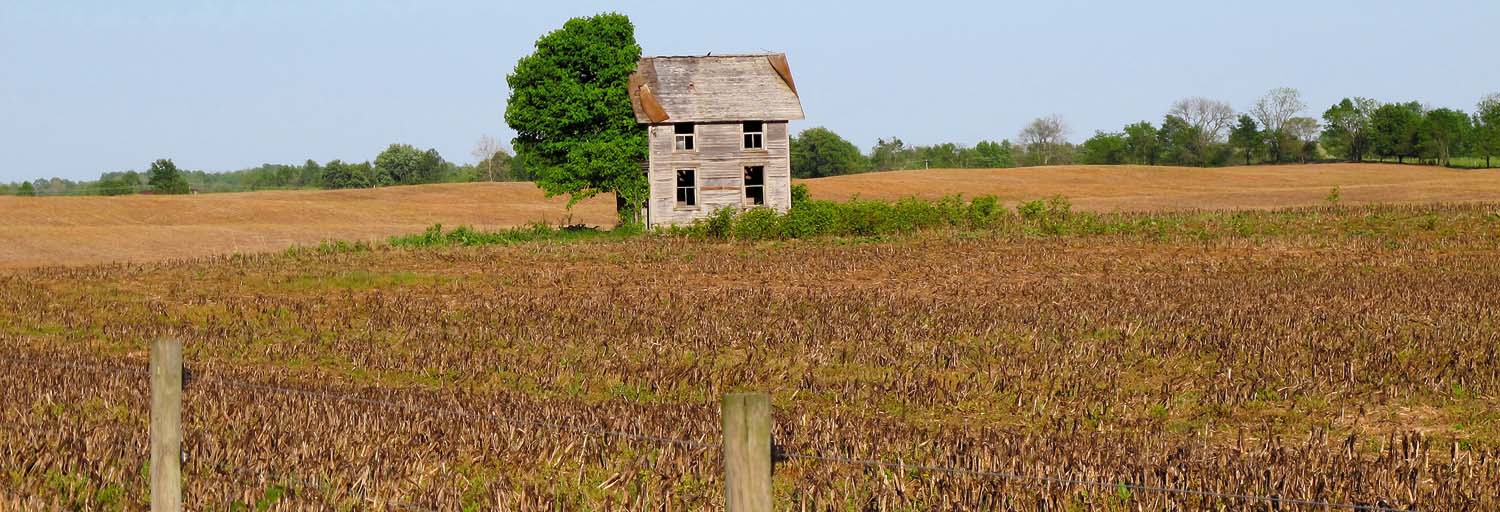The weather has given the coldest May since 1962, 12 years before I started with bees. The bees have had a hard time getting enough pollen to keep up egglaying to reach optimum nectar gathering strength when summer comes. In
More viruses due to cold weather





